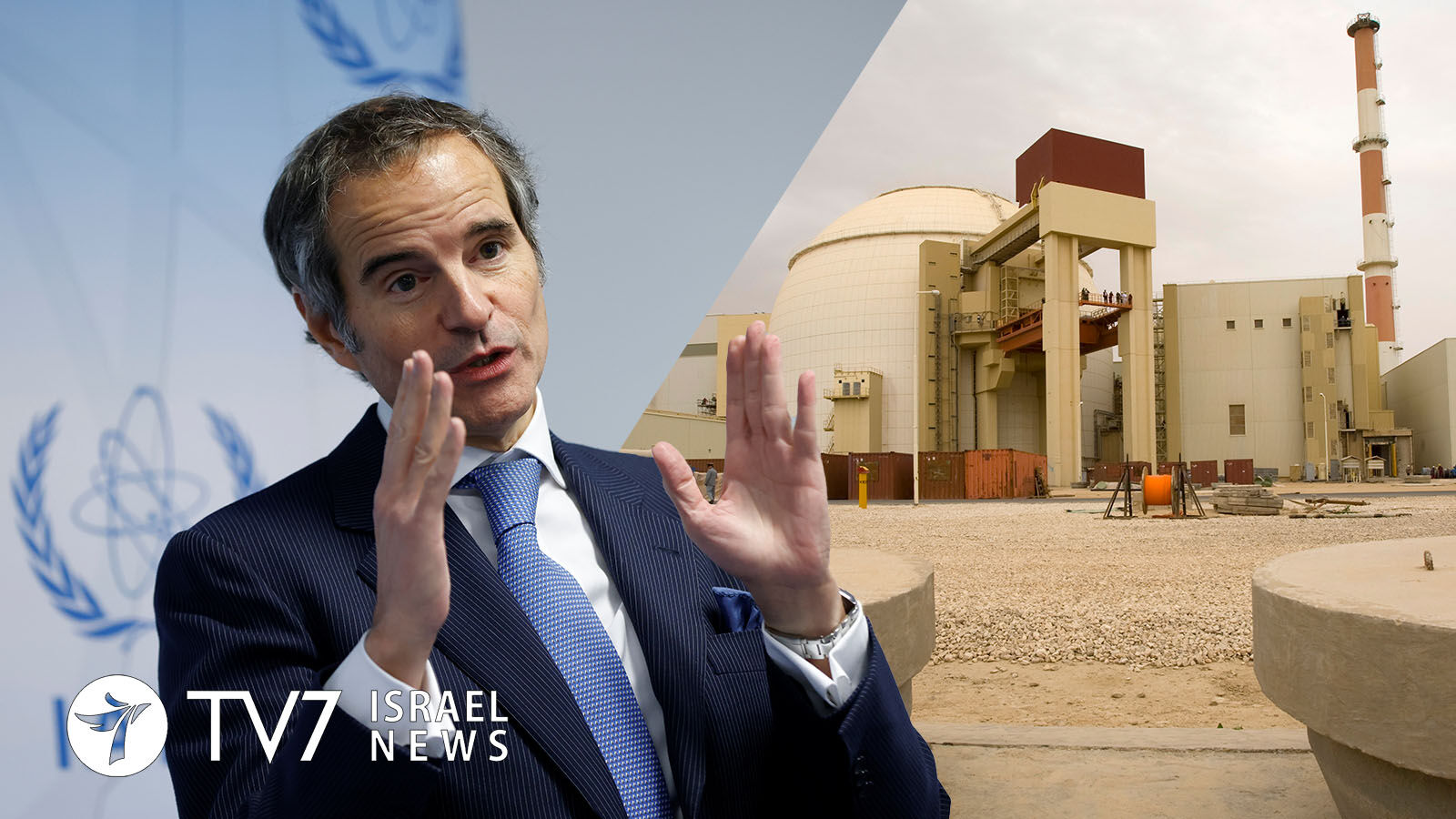The visit comes amid discussions with the Islamic Republic over the origin of uranium particles enriched to up to 83.7% purity.
By Erin Viner
International Atomic Energy Agency (IAEA) Director General Rafael Mariano Grossi will travel to Tehran tomorrow for high-level meetings, reported the semi-official Fars news agency.
The uranium was detected at Iran’s Fordow Fuel Enrichment Plant (FFEP) by monitors with the United Nations watchdog organization. The purity level is very close to weapons grade.
Last week, diplomats revealed last week that the IAEA discovered the traces in the product of two interconnected cascades (or clusters) of advanced centrifuges at Fordow that are enriching to up to 60%. The agency had previously admonished Tehran in an earlier report for not disclosing substantial changes to those cascades.
“Regarding the origin of the particles enriched above 60% U-235, identified after the implementation of the new cascade configuration at FFEP, discussions with Iran are still continuing. Iran informed the Agency that ‘unintended fluctuations in enrichment levels may have occurred during transition period at the time of commissioning the process of [60%] product (November 2022) or while replacing the feed cylinder,” said a verified confidential IAEA report to member states.
The Ayatollah regime denies allegations it has increased enrichment to that level. Iranian Atomic Energy Organization Chief Mohammad Eslami was cited by state media as insisting enrichment remains at 60%.
The latest IAEA report also noted that since it’s last quarterly review, Iran’s stockpile of 60% has risen from 25.2 kg to 87.5 kg. The total amount of enriched uranium at that and lower levels is estimated to be about 3,760.8 kg.
Around 42 kg of uranium enriched to 60% purity is a “significant quantity” according to the IAEA, stressing that “the approximate amount of nuclear material for which the possibility of manufacturing a nuclear explosive device cannot be excluded.”
Iran has long denied the pursuit of atomic weapons and maintains that its development is limited to peaceful, civil uses.
A second quarterly report on a years-long investigation into uranium traces found at three undeclared sites in Iran will not be issued until later in the week, say diplomats, due ahead of next week’s meeting of the IAEA’s 35-nation Board of Governors.
This past November, the IAEA declared it was “essential and urgent” that the Islamic Republic explain the origin of the uranium particles found at separate sites in Toorkooz-abad, Teheran and Marivan. The Board of Governors has passed two resolutions ordering Tehran to cooperate with the agency’s investigation.
Under Secretary of Defense for Policy Colin Kahl warned on Tuesday that the Islamic Republic is capable of producing enough fissile material for one nuclear bomb in “about 12 days,” down from the estimated one year it would have taken while the 2015 Joint Comprehensive Plan of Action (JCPOA) was in effect.
The top US Department of Defense (DOD) official made the remarks at a House of Representatives hearing when pressed by a Republican lawmaker why the administration of President Joe Biden has actively tried to revive the pact over the last two years.
“Because Iran’s nuclear progress since we left the JCPOA has been remarkable. Back in 2018, when the previous administration decided to leave the JCPOA it would have taken Iran about 12 months to produce one bomb’s worth of fissile material. Now it would take about 12 days,” said Kahl, who is the third highest ranking DOD official.
“And so I think there is still the view that if you could resolve this issue diplomatically and put constraints back on their nuclear program, it is better than the other options. But right now, the JCPOA is on ice,” he added.
American leaders have repeatedly estimated the “breakout time” for Iran to acquire enough components for one nuclear weapon would take “weeks,” but none have been as specific as Kahl.
Under the 2015 deal, which then-US President Donald Trump abandoned in 2018, Iran had reined in its nuclear program in return for relief from economic sanctions. After the reimposition of sanctions by Trump, the Islamic Republic has breached many of the pact’s restrictions on atomic activities – reviving US, European and Israeli fears that it is actively trying to make atomic bombs.
